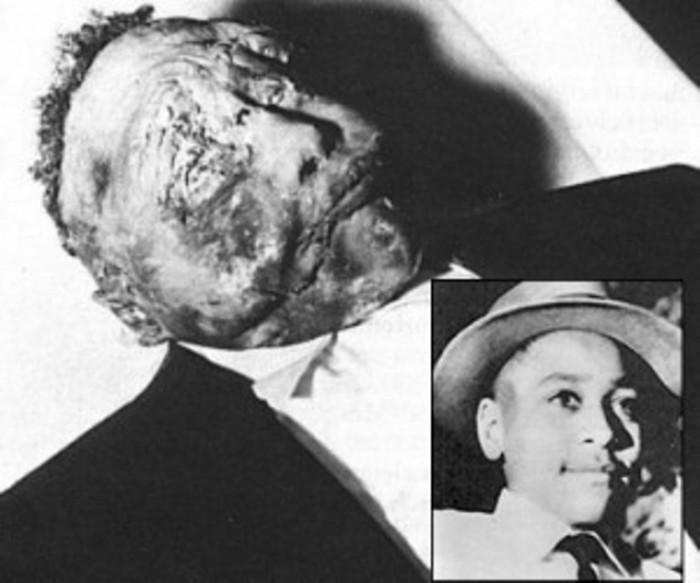Murder of Emmett Till change out the world
In 1955, when 14-year old Emmett Till traveled from his house in Chicago to stay having a great uncle in Tallahatchie County, Miss., his mom was nervous. She told him “to be really cautious… to humble himself to the degree of getting down on his knees,” per TIME.
“Living in Chicago,” she clarified in the trial of his killers, “he did not understand.”
Three days after, his body was discovered in the Tallahatchie River. He’d been viciously beaten and shot in the head.
An all-white jury acquitted the defendants (the husband and brother in law of the girl who whined about Till), who later admitted to the killing in a raw, unremorseful interview with Look magazine. One refused to grovel — and said they had meant and then beat the teenager, but determined to kill him when he showed no anxiety.
“Well, what else could we do? He was despairing,” J.W. Milam, the girl’s brother in law, is quoted as saying. “I am no bully; I never damage a [n—] in my life. I enjoy [n—s] — in their the — of area I know how to work ’em. But I simply decided it was time several people got put on notice.
Because Milam and his accomplice had recently been tried for the murder of Till, the public confession failed to give more charges. But a driver provoked national outrage and became as strong as Rosa Parks’ refusal to give up her bus seat several months after in the civil rights movement. As the La Times after put it: “If Rosa Parks revealed the possibility of defiance, [some historians] say, Emmett Till’s departure warned of a bleak future without it.”
Sixty years after, as a reminder of the worst effects of dismissing the issue, Till’s name continues to be invoked in a period when race relations are in the very front of the American head. Not his story has inspired a revival of interest from scholars and historians along with from movie and TV producers.
Both the play as well as the novel were co-composed by Till’s late mom, who became a leading civil rights figure so the world could see what was done to him, following her son’s funeral, when she insisted on an open coffin.



